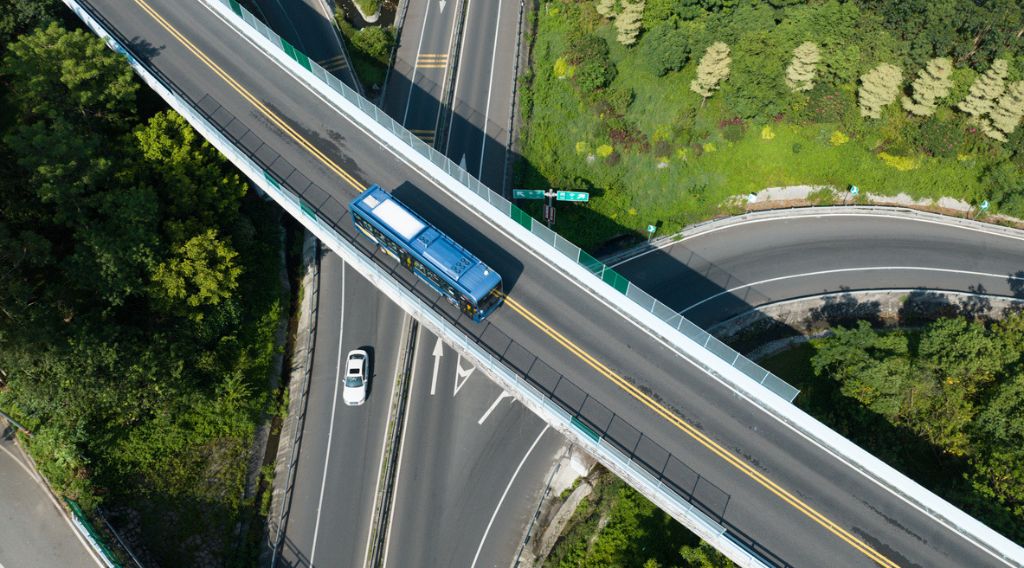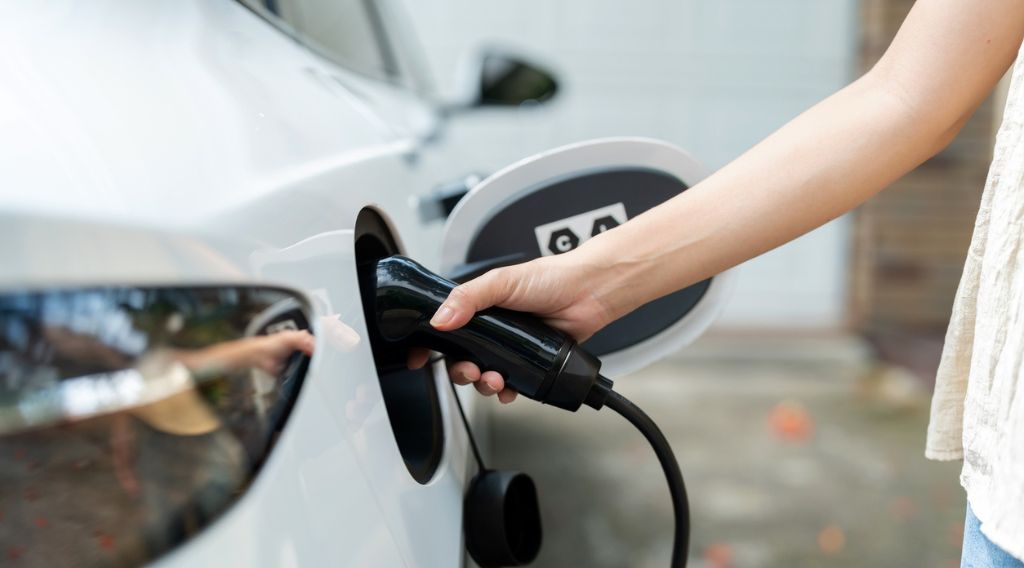
With the federal government paving the way for climate action through the passage of historic legislation, states are following suit and introducing major transportation decarbonization bills. Illinois and Minnesota are taking the lead in the Midwest. Both states have introduced clean transportation standard legislation, also known as clean fuel standards.
The legislation would establish a technology-neutral, performance-based program to lower greenhouse gas emissions from the transportation sector, the highest emitting sector in the United States. California, Oregon, and, most recently, Washington have adopted such legislation.
Here are the most important things to know:
- Illinois and Minnesota are the first Midwestern states to introduce clean transportation standard legislation in 2023. The bills in both states are supported by broad coalitions of diverse stakeholders.
- Momentum is growing around clean transportation standards in the Midwest as supportive coalitions form in more and more states.
- Michigan is poised to become the next Midwestern state to introduce a clean transportation standard bill in the coming weeks.
Benefits of Midwestern Clean Transportation Standards
Clean transportation standards lower emissions by incentivizing the deployment of lower-carbon transportation fuels and disincentivizing higher-carbon intensity fuels. The reduction in greenhouse gas emissions and other air pollutants results in cleaner air, and therefore improved public health. In addition to environmental benefits, an
Illinois clean transportation standard
On February 8, 2023, Assistant Majority Leader and Chair of the Appropriations Subcommittee on Agriculture, Environment and Energy Senator David Koehler (D) introduced Senate Bill 1556 to establish a clean transportation standard in Illinois. SB1556 was referred to the Senate Energy and Public Utilities Committee.
The bill directs the Illinois Environmental Protection Agency to establish a clean transportation standard to reduce the carbon intensity of transportation fuels in the state by 20 percent by 2038. SB1556 allows the agency to prescribe further carbon intensity reduction targets past 2038. The Illinois CTS is supported by a broad coalition of stakeholders, including clean fuel producers, the electric vehicle charging sector, and clean energy organizations.
Minnesota clean transportation standard
Senator Scott Dibble (DFL), Chairman of the Senate Transportation Committee, introduced Senate File 2584 on March 6, and Representative Jeff Brand (DFL) introduced its House companion, House File 2602. Both bills seek to establish a clean transportation standard in Minnesota.
This introduction marks the third year in a row that a growing and diverse group of stakeholders, led by the Future Fuels Coalition, pursues advancing a clean transportation standard. SF2584 received a hearing in the Senate State and Local Government and Veterans Committee on March 9 and passed out of committee.
The clean transportation standard bill requires reducing the carbon intensity of transportation fuels supplied to Minnesota by 25 percent below 2018 levels by 2030, 75 percent by the end of 2040, and 100 percent by 2050. If enacted, the Minnesota program would be the most stringent clean transportation standard in the United States to date.
In addition to reduced greenhouse gases and particulate matter emissions, which would bring about immense air quality improvements, especially to the most disproportionately impacted communities, the program promises economic benefits to various sectors in the state. An economic impact analysis done by ICF for the Midwestern Clean Fuels Policy Initiative concluded that even a more modest 15 percent carbon intensity reduction in transportation fuels over the first ten years of a clean transportation program would lead to net economic benefits.
Who’s next?
This year, stakeholders in Michigan are working on introducing clean transportation standard legislation. The standard was among the top recommendations in the final Michigan Healthy Climate Plan commissioned by Governor Gretchen Whitmer and produced by the Michigan Department of Environment, Great Lakes, and Energy. Several other Midwestern states have considered clean transportation standards in the last few years, including Nebraska and Ohio.
Conclusion
With clean transportation standard bills introduced in Illinois and Minnesota, and with Michigan expected to follow, the race is on in the Midwest toward establishing the first program in the region.
Learn more by , and take a deeper dive into these policies and considerations for the Midwest by reading a white paper developed by a broad group of stakeholders convened by the Great Plains Institute. Subscribe to the Great Plains Institute’s monthly newsletter to stay up-to-date on Midwestern clean transportation policy efforts.


